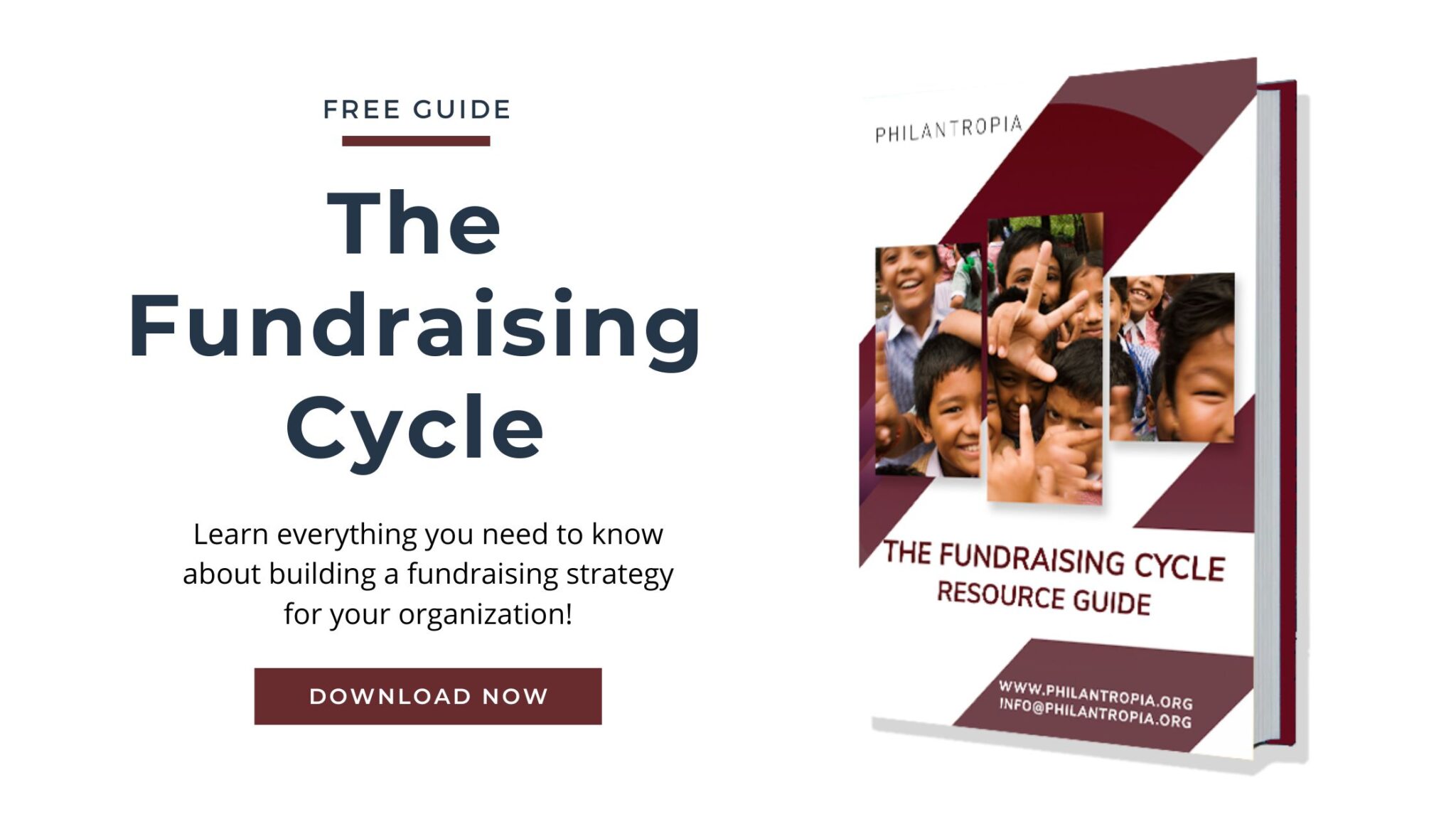Congratulations! After weeks of hard work on your proposal, you are ready to submit it. But before you press the send button, there are a couple of things that you should think about. In this article we will talk about the last steps before the submission to make sure, your proposal is a winner.
Never submit right on deadline
You should never send a proposal right on deadline. It is always better, to have a couple of days or even a week of buffer time between the deadline and your submission.
There are various reasons for this. Sometimes you realize last minute that you are missing something, i.e. your registration documents are out of date or you miss an essential signature. If you still have a couple of days to go, you can fix all these things. If the deadline is looming over you already, you have no chance.
You also have to contemplate technical problems. If you have to submit to a server, it might be down at the time of submission due to too much traffic. If you live in a developing country, your internet connection might not always be stable. Sometimes signing up on platforms or networks can take time. When you have a buffer, it does not matter if you have to wait for a day or two.
Proofread your proposal – again and again
Proofreading is a critical step during the process of polishing your proposal. Don’t do it alone though, get people – ideally from outside of your project – to proofread for you, as you will not be able to see mistakes in your document. Although typos and small errors don’t change the content of your proposal, they make up the first impression. If your documents are full of mistakes, the donor might think you are careless and will be careless during implementation as well. Be careful to not fall into this trap.
Check the math in your budget
Check the math in your budget, before you submit a proposal. It can happen very quickly that a small mistake messes up your entire calculation. This can happen primarily if more people work on the budget at the same time, as changes might not be represented everywhere. Mistakes in the budget look very bad if the donor discovers them! Have someone professional check your budget before you click the send button.
Take a look at the guidelines again
The guidelines should be by your side through the process of writing a proposal, but they should be particularly present during the proofreading and last check of your application. You do not only have to find typos and mismatches while proofreading, but you also have to check if your proposal is structured according to the guidelines. This includes content, structure, formatting, and everything else that is specified in the instructions.
Keep the format in mind
The format of your proposal might seem like something minor, but it is imperative. Even before anybody will ever read your proposal, they will see how it looks like. Make sure that your formatting is clean and follows the same style throughout the entire proposal. Keep an eye on fonts and sizes – if they are not the same in every section, your proposal gets an odd look. If the donor specified anything about formatting in the guidelines, be sure to follow those requirements meticulously.
Make sure you have all the necessary documents
When submitting a proposal, many times you also have to provide supporting documents. These could be your registration certificates, recommendations from other donors, or CVs of your project staff. Make sure you have all these documents in the required format and that they are up to date. Particularly registration documents have to be the current ones.
Make sure your proposal has a read thread
This is one of the most important things that you have to keep in mind before submitting. During the process of writing your proposal, the project probably has evolved and changed. Maybe many people contributed to the development of the proposal. In these cases, it is vital to make sure that the documents still kept its red thread.
Make sure that all activities that you describe in the project narrative are reflected in the budget and vice versa. Do all activities belong to an objective and do they truly fit? Does the justification still justify what you are presenting now, or does it refer to an earlier version of the project? It is crucial that your proposal is coherent and feels like one document, and not like bits and pieces that have been put together by different people.
To achieve this, it is useful to have a proofreader who does not know the project beforehand. If you work intensely on something for a long time, it is challenging to see logical gaps and leaps. Ask someone who has never heard about your project before, if they understand your proposal and if it is coherent – and incorporate their feedback in the last phase of edits.




Many thanks for this warning to put in mind before start writing our proposal to seek finacial support